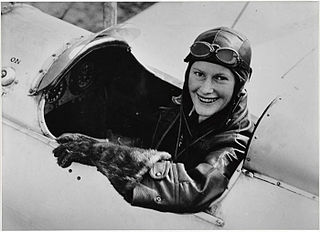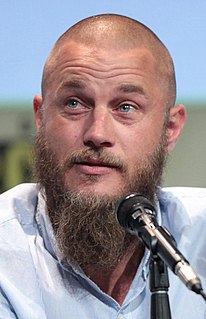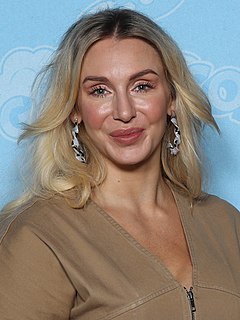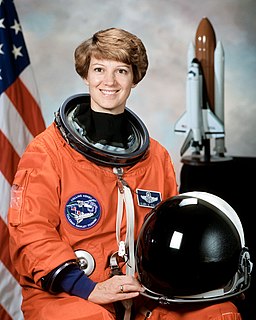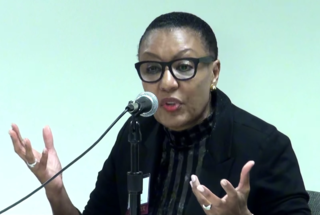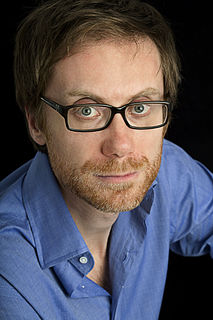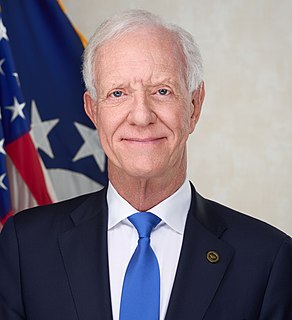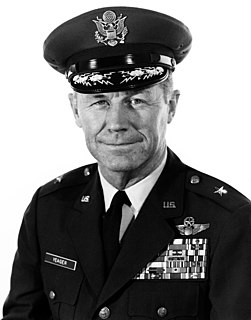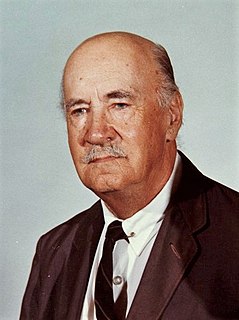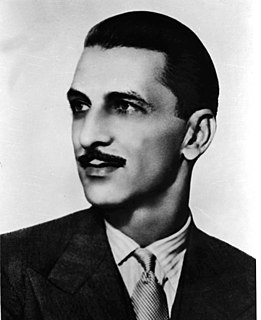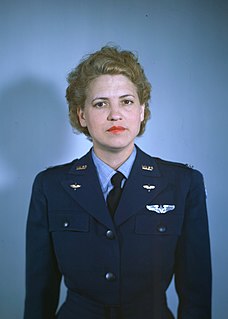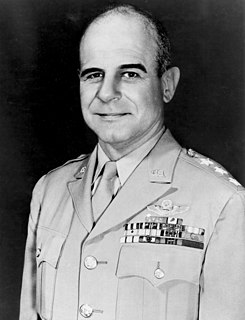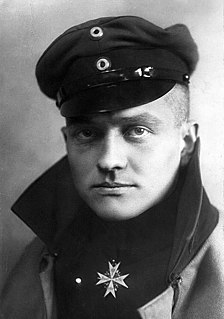A Quote by Nancy Bird Walton
Other women who flew were women of independent means. But I had to do something with it.
Related Quotes
I remember being in Japan when Destiny's Child put out 'Independent Women,' and women there were saying how proud they were to have their own jobs, their own independent thinking, their own goals. It made me feel so good, and I realized that one of my responsibilities was to inspire women in a deeper way.
First, let me just say that I flew in from Los Angeles last evening. And the plane was absolutely filled with women who were coming from the Greater Los Angeles area to be here. And it wasn't that they were necessarily organized in some particular group. Individual women that I talked to - I said, well, who are you with? They said I'm not with anybody. I just decided I couldn't stay home. I just got up, and I came [to the Women's March].
I had very supportive parents that made the way for me, even at a time when there were very few women - no women, really; maybe two or three women - and very few, fewer than that, African-American women heading in this direction, so there were very few people to look up to. You just had to have faith.
Back in the days when men were hunters and chest beaters and women spent their whole lives worrying about pregnancy or dying in childbirth, they often had to be taken against their will. Men complained that women were cold, unresponsive, frigid... They wanted their women wanton. They wanted their women wild. Now women were finally learning to be wanton and wild - and what happened? The men wilted.
I have experienced bad dating and ineptitude with women all across the globe, from Vietnam to Paris. When I was 21, women were an enigma; they were this code that had to be cracked. They were 'The Other.' I have often thought writing this stuff into stand-up and shows would be an exorcism, but it hasn't been; it makes no difference.
There’s a saying in Africa, if you give a woman empowerment, you empower a community, you empower men, you empower man. When women become empowered and live in their strength it’s beneficiary to others, and I think as young women today we sometimes forget that we are standing on the struggle of other women. Those women had to stand up to make a change, and they were not popular, and now we’re making them unpopular again.
